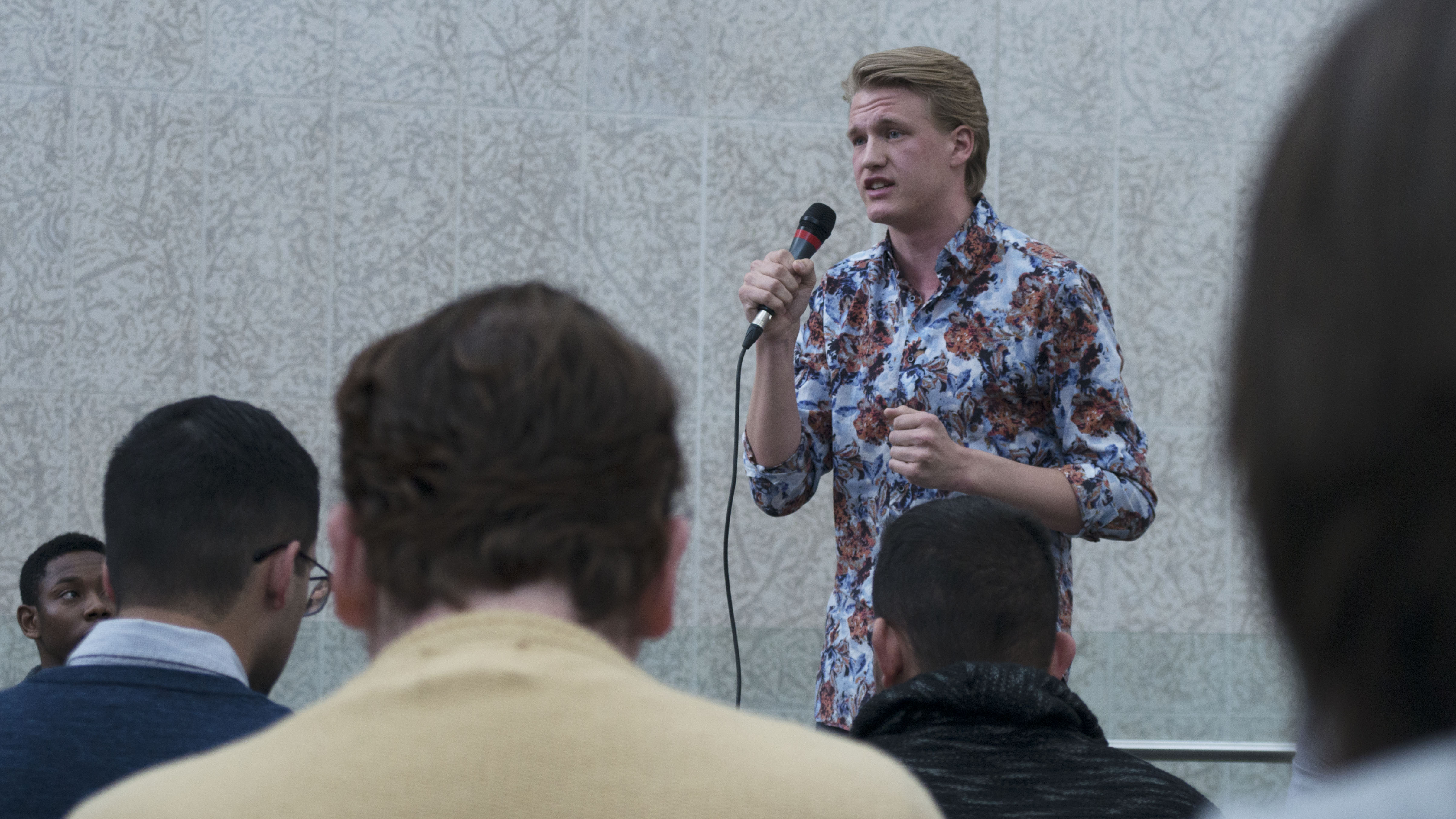An external consultant has been appointed to evaluate the “structure and effectiveness” of the UMSU board of directors.
A motion was put forward by UMSU’s governance committee at its Oct. 24 meeting. Committee chairperson Eric Schillberg said the purpose of the external review is to address inconsistencies within the organization’s governing documents without internal bias.
“When it’s done strictly internally, it can often create a sense of bias on the committee’s opinion,” he said, noting that past councils have tried and failed to complete successful internal reviews.
UMSU president Jakob Sanderson said it is important for the consultant to bring an outside perspective to the evaluation.
“It’s a great opportunity for us to bring in an external, nonpartisan voice to look at how we operate and how we can improve,” he said.
Three proposals for the work were considered by the governance committee with Susan Rogers of Rogers Leadership Consulting selected.
The funding — nearly $10,500 has been approved — will be drawn from the union’s special priorities fund.
The special priorities fund is a contribution donated to UMSU for particular projects.
The motion directs the consultant to examine several areas of interest to the board, including the use of proxy votes, election requirements for directors and overlapping channels of representation.
According to the UMSU governance and operations manual, “a board member may only appoint a proxy who holds a seat on the same organization the director represents. At no point may another director be appointed as a proxy.”
Under this rule, not all directors are given equal opportunity to appoint a proxy. Executives cannot appoint proxies.
Other existing problems include non-members actively looking to serve as a proxy for absent board members in order to push a particular issue, as well as members not taking their sitting on the board seriously.
“If it’s a women’s representative or an Indigenous representative, does any individual that recognizes as a woman or Indigenous then be able to receive that proxy as well?” said Schillberg, noting the current framework allows it because there are no rules in place.
“What if a member just joins council for the purposes of wanting to get a resume builder or professional experience and they don’t take their position seriously? So they don’t show up to as many meetings as they should,” he said
“The other issue with proxies is sometimes, people would be searching to proxy who are not a board member because they feel very strongly about a resolution that’s coming forward,” he added.
The motion was the subject of lengthy debate, with several members questioning aspects of the motion and its motivations. UMSU was asked when the last governance review was conducted, and Sanderson said none had occurred “in the last five to seven years.”
The consultation will take place in the coming weeks and is expected to be completed in less than two months.
“We’re wondering if the board is working as optimally as it should be,” said Sanderson.
“We’re interested to get [the consultant’s] perspective — both through consultation with students currently on the board and currently not on the board — and a comparison of how other student unions are governed.”



